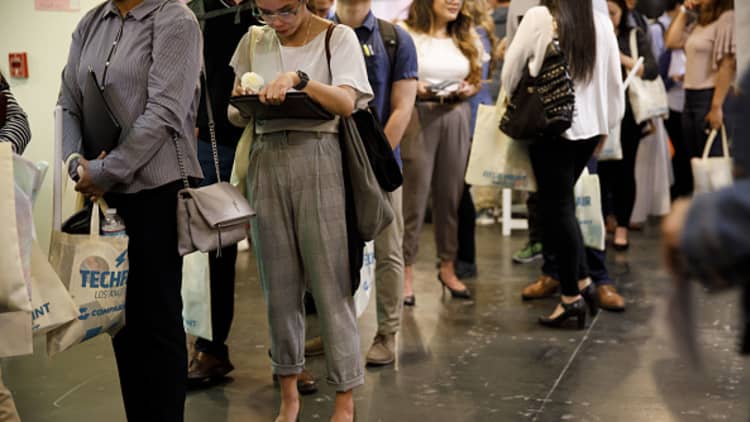President Joe Biden signed new executive orders aimed at combatting the coronavirus Thursday. The orders seek to ramp up Covid-19 testing, accelerate the pace of vaccinations, and provide more funding for state and local officials. The president also directed agencies to use the wartime Defense Production Act to boost supplies of N95 masks, swabs and other related equipment.
Here are some of the biggest developments Thursday:
- Dr. Fauci says U.S. to remain a WHO member, will join COVAX imitative for vaccine distribution
- Biden to sign 10 executive orders for pandemic response
- President Biden warns U.S. could top 500,000 Covid deaths next month
- Scientists reflect on one year of Covid in the U.S.
- England's third pandemic lockdown sees 'no evidence of decline' in Covid rates
The U.S. is recording at least 194,252 new Covid-19 cases and at least 3,054 virus-related deaths each day, based on a seven-day average calculated by CNBC using Johns Hopkins University data.
The following data was compiled by Johns Hopkins University:
- Global cases: More than 97.26 million
- Global deaths: At least 2.08 million
- U.S. cases: More than 24.53 million
- U.S. deaths: At least 408,011


